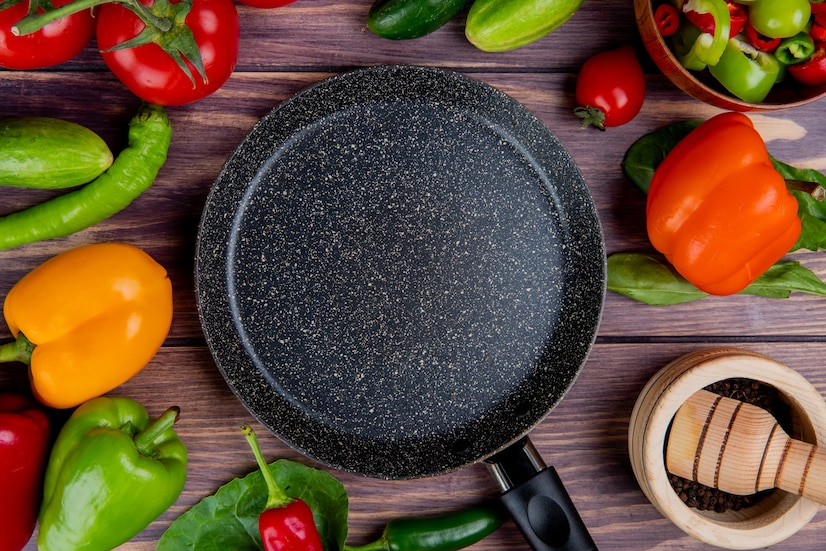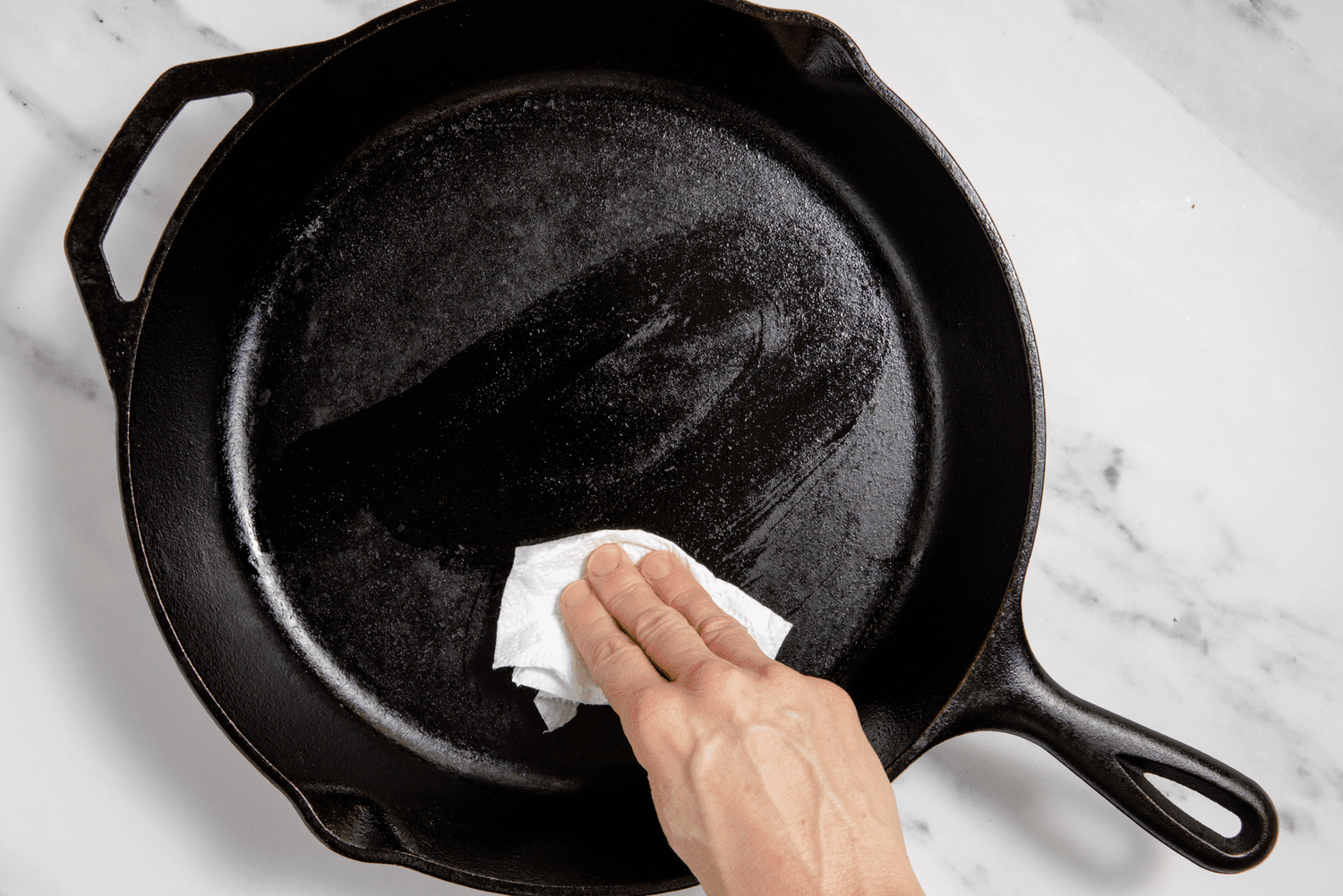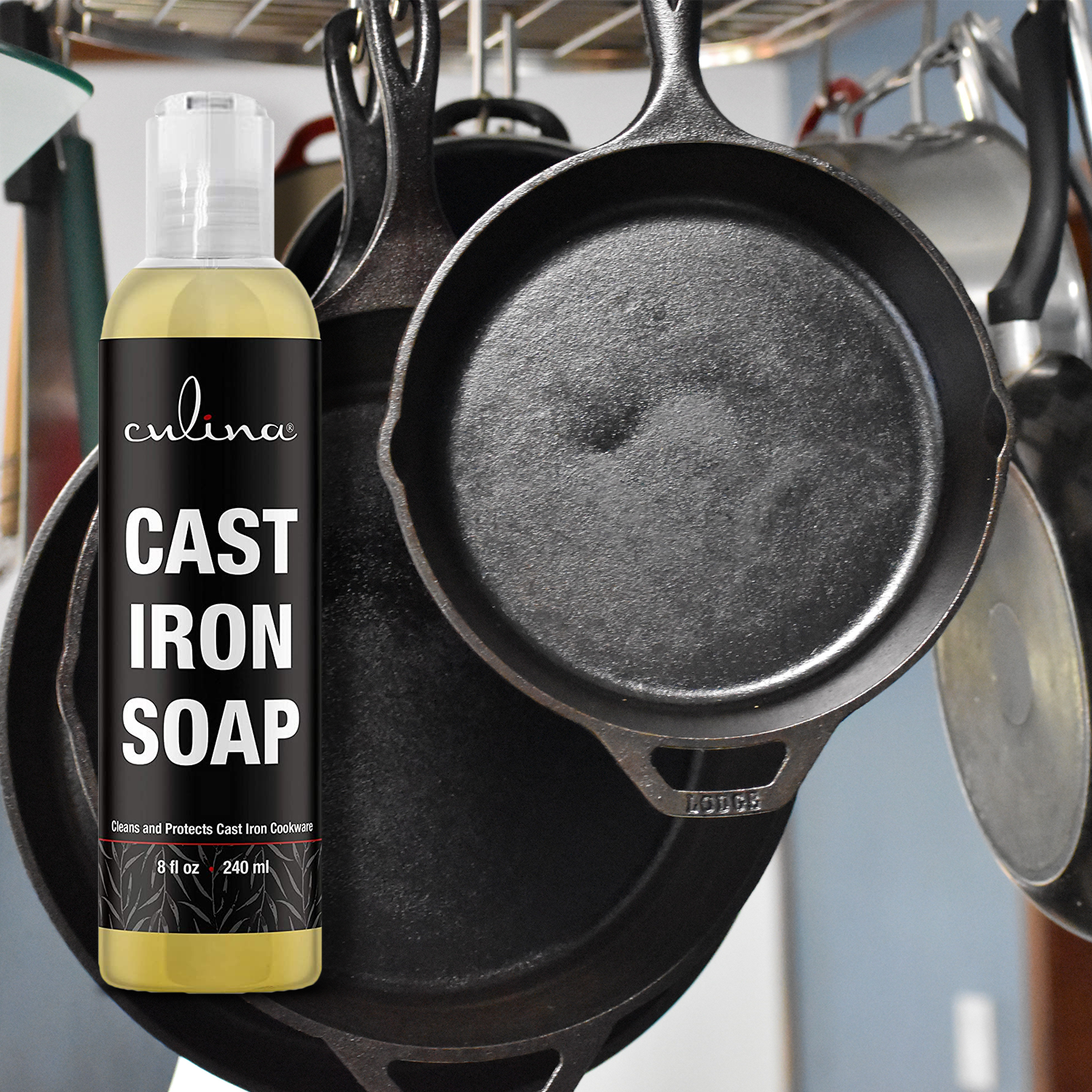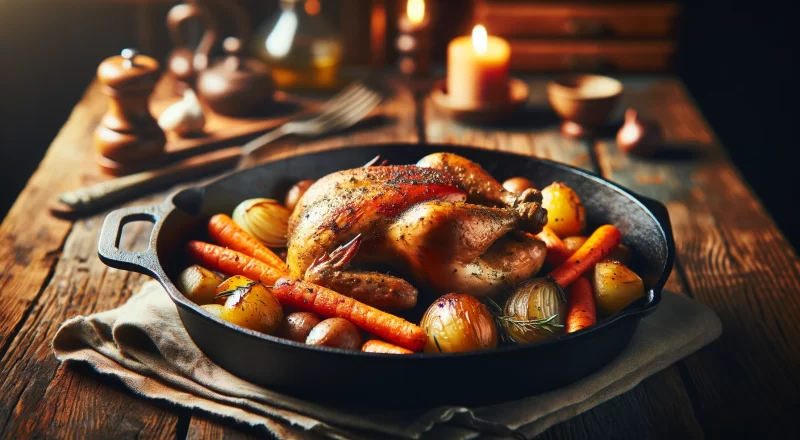Are you delighted to cook eggs in a cast iron skillet but frustrated with them sticking to the pan? Look no further! This terrific guide will teach you how to cook eggs in cast iron without sticking. Cast iron cookware has been a kitchen favorite for centuries, appreciated for its durability and ability to retain heat. By following some simple techniques, you can enjoy perfectly cooked eggs every time.

The Magic of Cast Iron
Cast iron skillets are known for their exceptional heat retention and even cooking, making them ideal for cooking a wide variety of dishes. However, cooking eggs in cast iron can be challenging for many. The key to success is proper seasoning and the right cooking techniques. Lets dive into the details!

Why Eggs Stick to Cast Iron
Understanding the Problem
Before we move on to the solutions, its essential to understand why eggs stick to cast iron. One of the primary reasons is insufficient seasoning of the skillet. Seasoning refers to the layer of fat baked onto the skillet’s surface, creating a natural, non-stick coating. Another reason could be cooking at the wrong temperature.

Seasoning Your Cast Iron Skillet
What is Seasoning?
Seasoning a cast iron skillet involves applying a thin layer of oil and heating it to form a protective coating. This process not only prevents rust but also creates a non-stick surface. For seasoning, use oils with high smoke points like flaxseed oil or vegetable oil.
Steps to Season Your Skillet
- Preheat your oven to 375F (190C).
- Clean your skillet thoroughly with hot water and a brush.
- Apply a thin coat of oil to the entire surface, including the handle.
- Place the skillet in the oven upside down, with a baking sheet underneath to catch any drips.
- Bake for one hour, then let it cool in the oven.
Maintaining the Seasoning
Every time you cook with your cast iron skillet, you’re adding to its seasoning. To maintain the seasoning, avoid using harsh detergents and always dry the skillet thoroughly after washing. A light coat of oil after each use will keep it in excellent condition.

Preparing Your Skillet for Cooking Eggs
Preheating the Skillet
Preheating the cast iron skillet is a crucial step. Heat it over medium-low heat for about five minutes before adding anything to it. This helps the skillet to heat evenly, reducing the chances of eggs sticking.
Choosing the Right Fat
Using the right type of fat is essential for preventing sticking. Butter, ghee, or even bacon grease work well. Add just enough to coat the bottom of the skillet. Wait for the fat to heat before adding the eggs.
Cooking Temperature
Cooking eggs on low to medium heat is key. High heat can cause the eggs to cook too quickly and stick to the skillet.
The Cooking Process
Preparing the Eggs
Crack your eggs into a bowl first. This makes it easier to pour them gently into the skillet and prevents any eggshells from getting into your dish.
Adding the Eggs
Once the skillet is preheated and the fat is melted, carefully pour the eggs into the skillet. Cook according to your preference, whether you like them scrambled, sunny side up, or over easy.
Monitoring the Cooking
Keep an eye on your eggs as they cook. Gently swirl the fat around the skillet to ensure even cooking.
Common Mistakes to Avoid
Using Improper Tools
Using metal utensils can damage the seasoning of your cast iron skillet. Opt for silicon or wood utensils instead.
Skipping the Preheat
Always preheat your skillet before adding the eggs. This ensures even cooking and prevents sticking.
High Heat Cooking
While cast iron skillets can handle high heat, cooking eggs at too high a temperature can lead to sticking. Low and slow is the way to go.
Cleaning Your Cast Iron Skillet
After Cooking
Once youre done cooking, allow the skillet to cool slightly before cleaning. Avoid using cold water on a hot skillet to prevent warping.
Cleaning Techniques
- Rinse the skillet with warm water and use a soft brush to remove any residue.
- Avoid using soap as it can strip the seasoning.
- If there are stubborn bits stuck, use a paste of coarse salt and water to gently scrub them away.
Storing the Skillet
After cleaning, dry the skillet thoroughly and apply a light coat of oil before storing it in a dry place to prevent rust.
Benefits of Cooking Eggs in Cast Iron
Cooking eggs in cast iron has several advantages. Apart from the fantastic flavor, it adds a small amount of iron to your diet. Plus, with proper care, cast iron cookware can last a lifetime.
Perfect for All Types of Eggs
Whether you prefer scrambled, fried, or poached eggs, a well-seasoned cast iron skillet can cook them all to perfection.
Frequently Asked Questions
How do I keep my eggs from sticking to the skillet?
Proper seasoning, using the right fat, and cooking at the correct temperature are key to preventing sticking.
How often should I season my cast iron skillet?
If you use your skillet frequently, season it every few weeks to maintain the non-stick surface.
Can I use soap to clean my cast iron skillet?
Its best to avoid soap as it can strip the seasoning. Instead, use warm water and a brush.
For more tips and tricks on caring for your cast iron cookware, visit the best-cast-iron-cookware and 10-things-to-cook-in-a-cast-iron-skillet
Conclusion
By following these approved techniques on how to cook eggs in cast iron without sticking, you can enjoy a delightful and stress-free cooking experience. Remember, the key is in the seasoning, preheating, and using the right cooking methods. Happy cooking with your cast iron skillet!
As an Amazon Associate, I earn from qualifying purchases.

